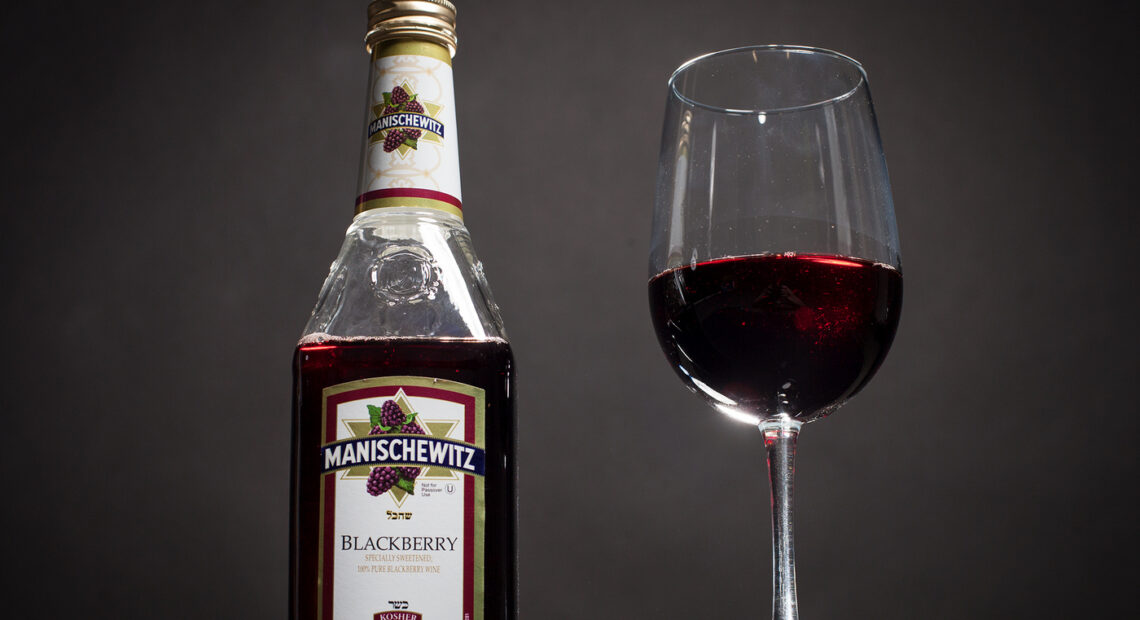Manischewitz: The Great History of the Not-so-Great Wine

Welcome to our blog, where we dive into the fascinating history of Manischewitz wine. While this iconic brand has a long-standing reputation, it is often associated with a particular style of wine that divides opinions. Join us as we explore the story behind Manischewitz, from its humble beginnings to its enduring presence in Jewish culture and its impact on the American wine industry.
- The Early Years: Manischewitz traces its roots back to 1888 when Rabbi Dov Behr Manischewitz established a small winery in Cincinnati, Ohio. Initially, the winery produced kosher wines for sacramental purposes, catering to the Jewish population’s needs. These early years set the foundation for the brand’s commitment to maintaining kosher standards and producing wines suitable for religious observances.
- The Concord Grape Revolution: In the early 20th century, Manischewitz gained recognition for its Concord grape wine. Concord grapes, known for their distinctively sweet and intense flavor, became the signature ingredient in Manischewitz wines. This unique grape variety, combined with the winery’s commitment to kosher production, helped Manischewitz establish a loyal customer base within the Jewish community.
- Cultural Significance: Manischewitz wine quickly became an integral part of Jewish cultural and religious traditions. From Passover seders to Sabbath meals, Manischewitz found its place on Jewish tables across America. The sweet, fruity flavor profile resonated with many, while others developed a taste for it as a result of nostalgia and tradition. Its popularity endured even as wine preferences shifted over time.
- Challenges and Controversies: Despite its widespread popularity, Manischewitz has faced its fair share of criticism. The brand’s sweet, syrupy style of wine often draws criticism from wine connoisseurs and enthusiasts who prefer drier, more complex flavors. Some argue that Manischewitz’s reputation as a low-quality wine has hindered the perception of kosher wines as a whole.
- Evolution and Modernization: In recent years, Manischewitz has made efforts to adapt to changing tastes and preferences. The brand expanded its product line to include a range of varietal wines, catering to a broader audience. By diversifying their offerings, Manischewitz aimed to appeal to wine drinkers beyond the traditional Jewish market.
- Impact on the American Wine Industry: Despite the controversies surrounding its style, Manischewitz has had a significant impact on the American wine industry. It played a crucial role in popularizing kosher wines and introducing many people to wine-drinking traditions. Furthermore, Manischewitz’s success inspired other wineries to explore kosher production methods, expanding the availability of kosher wines in the market.
Manischewitz wine’s story is a tale of tradition, cultural significance, and the complex relationship between taste preferences and wine quality. While it may not be acclaimed for its sophistication, its enduring presence and impact on Jewish culture and the American wine industry cannot be denied. Whether you love it or not, Manischewitz has left an indelible mark on the wine world and continues to be a symbol of tradition for many.
Picture Courtesy: Google/images are subject to copyright








